Most of the time it has been seen that senior dogs get overlooked at rescue shelters because either they are old or do not look cute enough. Often senior dogs are the ones who have a lot of love to give.
They might not be highly energetic, but they make up for that with lots of love. If you have a senior dog at home or nearby locality, here is how you can take care of them:
10 Tips for Caring for a Senior Dog
1. Notice the signs of aging
Keep noticing your dog closely for the signs of aging. Some dogs’ coats begin to show grey hairs. Sometimes they might not be quick enough to respond when they see you.
Walking up and down the stairs takes time. You may also notice them having a hard time looking for treats or toys, due to the weakening of their eyesight.
2. Take them for a regular vet visit
Some diseases are a part of normal aging; however, there are a few diseases that trouble old age dogs more. For instance, old age can cause dogs to frequently urinate.
Although it may seem like normal behavior when they are young when they are old, it can be a sign of major disease.
3. Make sure they exercise regularly
Senior dogs usually are lazy and not physically active. You need to take your senior dogs for regular walks. You can reward them with treats for going on daily walks.
Give them oil massages on a daily or weekly basis to ensure the proper functioning of their old bones and muscles.
4. Manage the diet of your senior dog
Many dogs gain or lose weight with age, so keep an eye on their diet. A senior dog needs a holistic diet with foods rich in antioxidants, protein, omega 3’s, etc. Consult your vet and get a diet chart made for your old dog.
5. Keep them engaged and happy
Keep your dog engaged and happy by petting them, rubbing their bellies, and hugging them. If your senior dog isn’t interested in playing with old and hard chew toys, try something new like softer, smaller, squishier chew toys.
6. Make them feel comfortable
Make sure they have a comfortable bed. Don’t force them to climb stairs as it can be difficult for them.
7. Dog grooming
Keep grooming your senior dog regularly. Check their teeth and ensure they are clean. Don’t forget to check their ears, skin, and coat for any irregularities. Keep your dog flea-free.
8. Parasite protection and vaccination
The age of your dog doesn’t matter when it comes to the worm, tick, and flea protection. You must continue to administer proper treatments like before.
When it comes to vaccines, older dogs do not require them at the same intervals. They need vaccination usually once in three years. But it is better if you consult your vet as they will know what is best for your dog’s individual needs.
9. Provide special accommodation
Older dogs often develop joint and bone problems or arthritis that may affect their mobility. Furthermore, a blind dog will also have trouble jumping on the sofa or bed at night.
In these cases, you can benefit your dogs from soft bedding and an easily accessible bed that won’t require climbing or jumping. Also, climbing down and upstairs can prove difficult, and your dog must avoid doing so.
You can build or buy a doggy ramp if there is no way for your dog to avoid stairs. It will help to make their movements much easier. Another solution is to simply install doggy-proof gates as it will restrict their access to the stairs.
10. Maintain oral health
Most old dogs do not get the proper dental care during their adult life. It is not a new thing to see older dogs with few missing teeth. Dental care is an essential part of grooming and must be performed regularly right from a young age.
If you want to keep your dog’s teeth healthy, remember to wash them every day. If your dog is not a fan of oral care then consider giving them some dental treats. You need to take your dog to the vet once a year to have its teeth cleaned professionally.
Conclusion
Not every dog ages the same. Something certain is that they all get old at some point. Aging is a natural process of things, and every owner must be prepared for it.
As a dog becomes senior, they have less energy, have more trouble walking, and also develop hearing loss or cataracts. It may sound scary, but these things won’t happen overnight, and your pup and you will have time to adapt to new circumstances.
Share your thoughts with us in the comments below!

 DogExpress
DogExpress

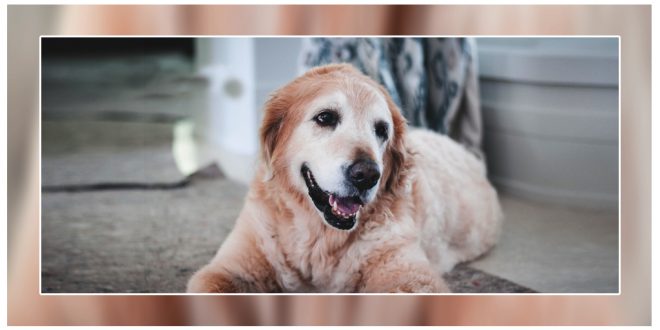
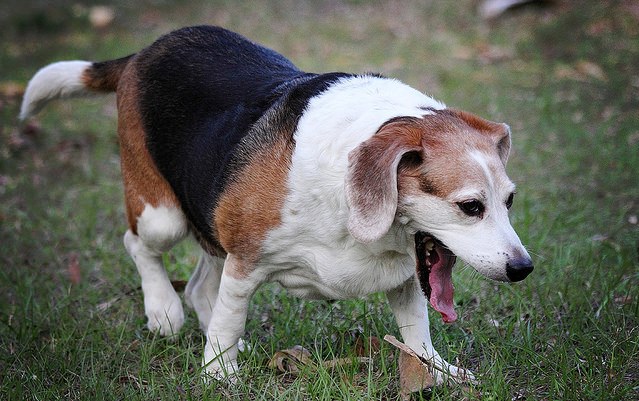
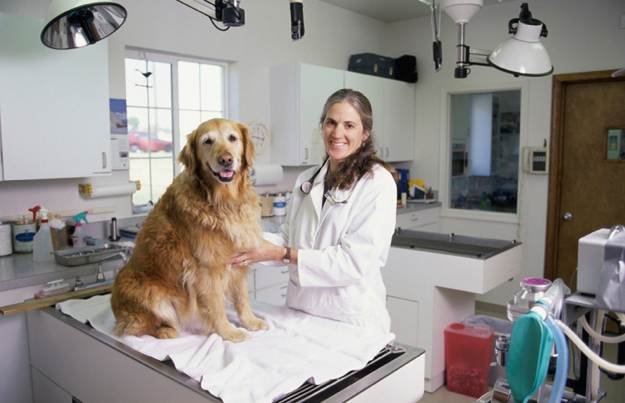

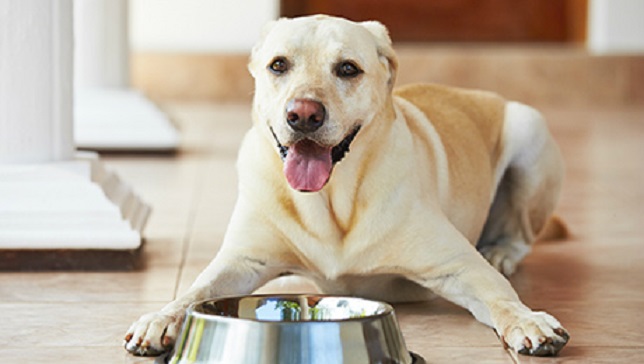
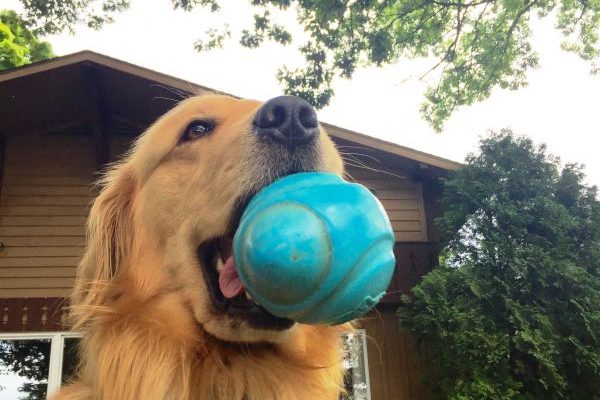
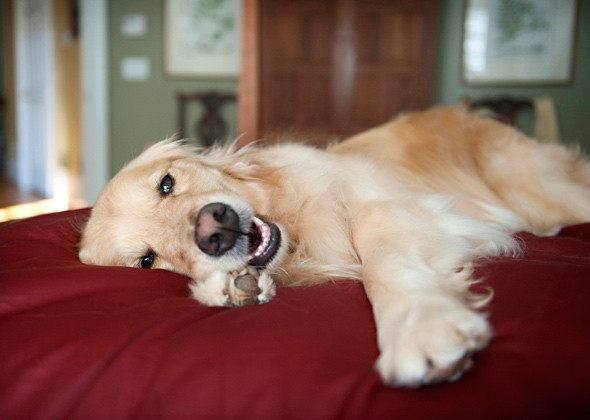
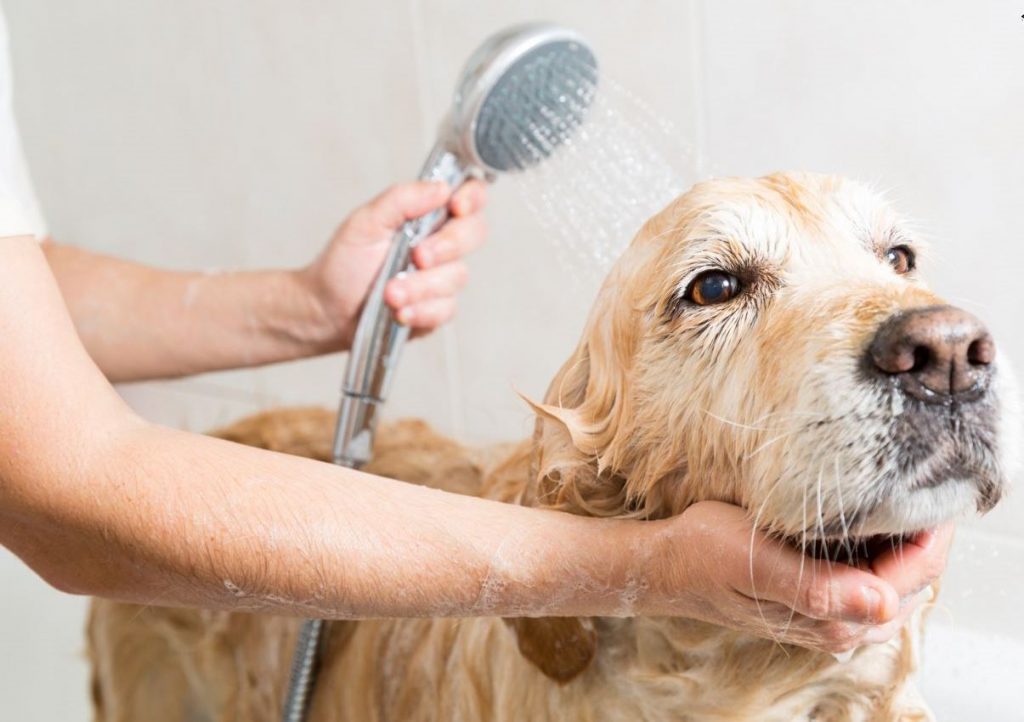

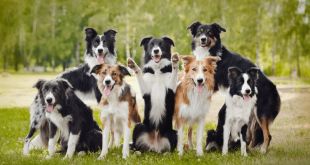

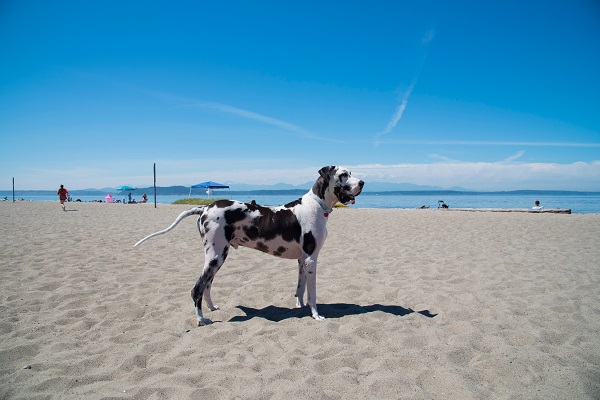












 in Chandigarh, India.
in Chandigarh, India. 
